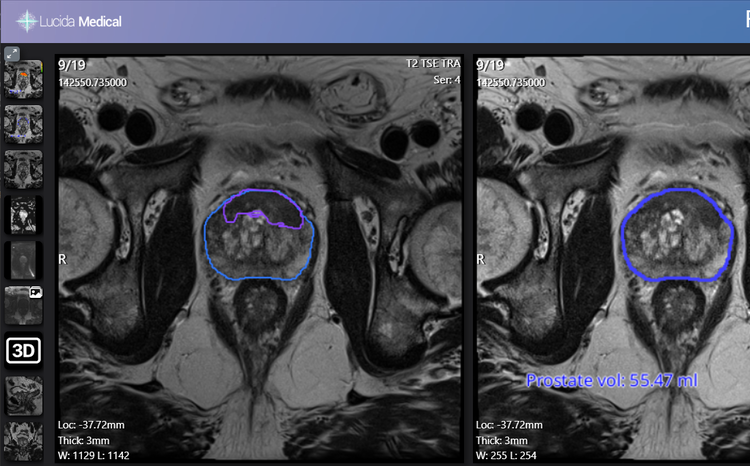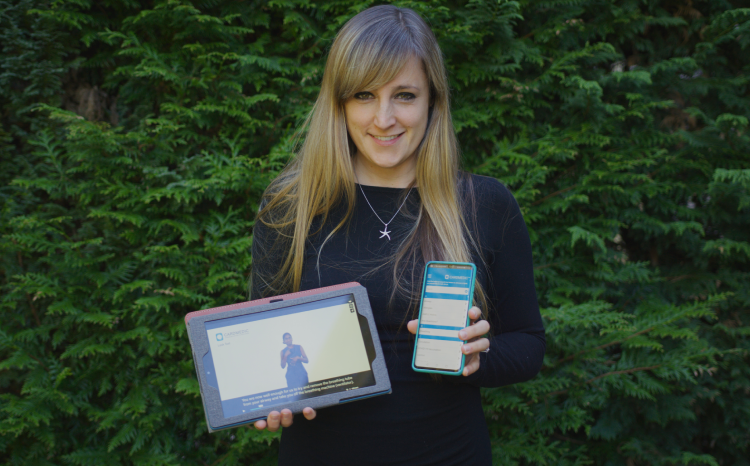Leeds Teaching Hospitals trials AI prostate cancer diagnosis tool
- 20 September 2024

- Leeds Teaching Hospitals NHS Trust is piloting an AI tool for prostate cancer diagnosis, designed by Lucida Medical
- The trust is testing whether the Prostate Intelligence (Pi) tool can accurately identify prostate cancer based on MRI scans
- The one-month pilot started in August 2024, with a prospective pilot study planned for Autumn 2024
Leeds Teaching Hospitals NHS Trust (LTHT) is piloting an AI solution, designed by Lucida Medical, to assess whether it can improve prostate cancer diagnosis.
The one-month pilot, which began in August 2024, is testing the effectiveness of the Prostate Intelligence (Pi) tool, an advanced AI and machine learning software system, in detecting prostate cancer lesions from magnetic resonance imaging (MRI) scans.
Pi assists radiologists by using AI algorithms to analyse prostate MRI images, highlight potential areas of concern and assess risk scores and prostate size, which can impact biopsy and treatment decisions.
Using the AI software, LTHT hopes to speed up the complex prostate cancer diagnostic pathway that patients face.
Researchers at LTHT will compare the AI-generated results from the Pi software against real-world outcomes for 100 patients who have recently completed the prostate cancer pathway.
Dr Oliver Hulson, consultant radiologist at LTHT, said: “Our goal is to determine if this AI tool can accurately identify prostate cancer without underestimating or overestimating the likelihood based on MRI scans.
“If successful, this could enable us to streamline our prostate cancer pathway and reduce the waiting time for a biopsy from the current two to three weeks to less than one week.
“Ultimately, faster diagnosis means faster treatment and better outcomes for our patients”.
The software has been trained to spot the signatures of cancer using MRI and biopsy data from patients in the Netherlands and UK.
In clinical use, Pi would be set up to run automatically as soon as a patient’s MRI scan is completed, so that the AI outputs are available when the clinical team reviews it.
Dr Hulson added: “The aim would be to provide our patients with a rapid diagnostic approach, or ‘one stop shop’ where they could potentially have their MRI scan in the morning, reviewed by the radiologist with the benefit of the AI tool, and if needed, plan for their biopsy that afternoon, performing all their investigations in a single day, rather than over weeks as is the case currently.
“This would of course reduce their anxiety whilst waiting for tests and would provide their results as quickly as possible”.
The tool could also free up radiologists to report on additional patients and could potentially be used in the future to enable patients to book appointments for a biopsy.
Following the initial retrospective data collection, a prospective pilot study is planned for autumn 2024 which will assess the impact AI can have on the prostate cancer pathway for LTHT patients.
In February 2024, Macmillan Cancer Support announced that it had invested more than £350,000 in Lucida Medical’s Pi tool, to help improve early detection and treatment of prostate cancer.





